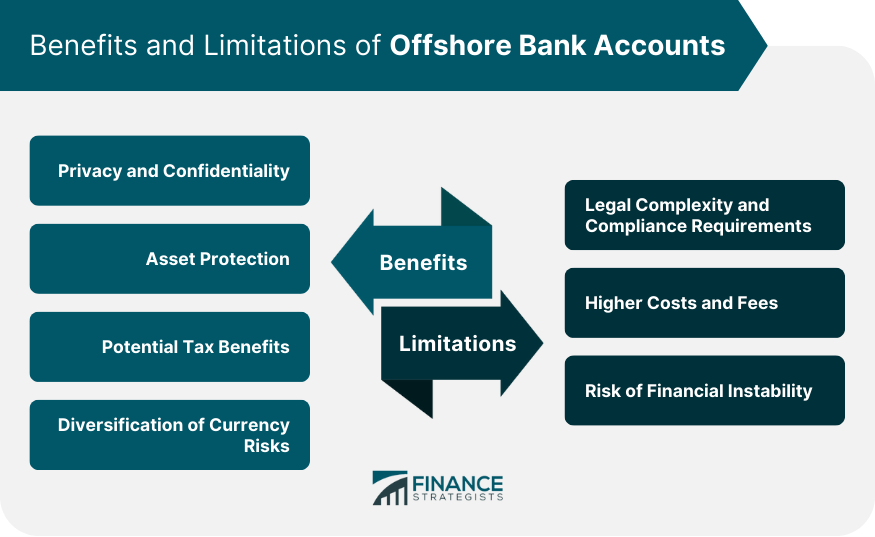Strategies for Cost-Effective Offshore Firm Development
When taking into consideration overseas firm formation, the pursuit for cost-effectiveness comes to be a vital problem for businesses seeking to expand their procedures internationally. In a landscape where monetary vigilance preponderates, the strategies employed in structuring overseas entities can make all the difference in attaining financial performance and functional success. From navigating the complexities of territory choice to implementing tax-efficient frameworks, the journey in the direction of developing an overseas presence is swarming with challenges and opportunities. By exploring nuanced approaches that mix legal conformity, financial optimization, and technological innovations, organizations can get started on a course in the direction of offshore firm formation that is both economically prudent and strategically audio.
Choosing the Right Territory
When developing an overseas company, choosing the suitable territory is a critical choice that can dramatically impact the success and cost-effectiveness of the development process. The territory selected will certainly figure out the regulative structure within which the company operates, impacting tax, reporting requirements, privacy regulations, and overall organization versatility.
When choosing a territory for your offshore business, numerous factors need to be taken into consideration to make sure the decision lines up with your tactical goals. One crucial aspect is the tax obligation regimen of the territory, as it can have a considerable effect on the firm's earnings. Additionally, the level of regulative compliance required, the financial and political stability of the jurisdiction, and the simplicity of doing company must all be assessed.

Moreover, the reputation of the jurisdiction in the global service neighborhood is necessary, as it can influence the understanding of your company by clients, companions, and economic organizations - offshore company formation. By carefully analyzing these variables and seeking specialist suggestions, you can choose the ideal jurisdiction for your offshore business that maximizes cost-effectiveness and supports your company purposes

Structuring Your Company Effectively
To ensure optimum effectiveness in structuring your overseas firm, meticulous attention must be provided to the organizational structure. The very first step is to specify the company's possession structure plainly. This consists of figuring out the police officers, investors, and supervisors, along with their obligations and duties. By developing a clear possession framework, you can guarantee smooth decision-making processes and clear lines of authority within the firm.
Following, it is important to consider the tax effects of the picked framework. Various jurisdictions supply differing tax obligation advantages and incentives for offshore business. By very carefully evaluating the tax legislations and regulations of the selected jurisdiction, you can enhance your firm's tax obligation performance and minimize unneeded expenditures.
Furthermore, keeping proper paperwork and documents is critical for the efficient structuring of your overseas firm. By keeping precise and current documents of monetary purchases, business choices, and compliance papers, you can guarantee openness and accountability within the company. This not only assists in smooth operations however additionally helps in demonstrating conformity with regulative requirements.
Leveraging Innovation for Savings
Effective structuring of your offshore business not only pivots on meticulous interest to organizational frameworks however additionally on leveraging modern technology for financial savings. One way to take advantage of modern technology for financial savings in offshore business formation is by making use of cloud-based solutions for information storage and cooperation. By integrating technology purposefully right into your offshore firm development procedure, you can attain considerable savings while boosting functional efficiency.
Decreasing Tax Obligation Obligations
Using calculated tax obligation planning strategies can properly minimize the financial worry of tax obligation responsibilities for offshore firms. In addition, taking advantage visit this site right here of tax obligation incentives and exceptions provided by the jurisdiction where the overseas company is registered can result in significant savings.
Another approach to decreasing tax obligation obligations is by structuring the offshore business in a tax-efficient fashion - offshore company formation. This entails meticulously making the possession and operational structure to maximize tax advantages. As an example, establishing up a holding firm in a territory with positive tax regulations can aid lessen and consolidate profits tax obligation direct exposure.
In dig this addition, remaining upgraded on international tax regulations and compliance needs is crucial for reducing tax obligation responsibilities. By making sure strict adherence to tax legislations and policies, overseas firms can avoid pricey penalties and tax conflicts. Seeking expert suggestions from tax obligation experts or lawful professionals concentrated on global tax obligation matters can additionally offer beneficial understandings into reliable tax obligation preparation techniques.
Making Certain Compliance and Risk Mitigation
Applying durable conformity steps is vital for overseas companies to reduce dangers and maintain regulatory adherence. Offshore jurisdictions commonly deal with enhanced analysis because of concerns relating to cash laundering, tax evasion, and various other monetary criminal offenses. To ensure compliance and reduce dangers, overseas firms must conduct comprehensive due diligence on clients and company partners to avoid participation in illegal activities. Additionally, implementing Know Your Client (KYC) and Anti-Money Laundering (AML) procedures can help verify the authenticity of deals and secure the firm's reputation. Regular audits and evaluations of monetary documents are crucial to recognize any abnormalities or non-compliance problems quickly.
Furthermore, remaining abreast of changing regulations and legal requirements is vital for offshore companies to adapt their conformity methods accordingly. Involving lawful specialists or compliance experts can offer beneficial guidance on navigating complicated regulative landscapes and ensuring adherence to international standards. By prioritizing compliance and danger reduction, overseas firms can boost openness, construct count on with stakeholders, and secure their procedures from prospective lawful repercussions.
Conclusion

Using critical tax planning methods can efficiently lower the financial concern of tax obligations for overseas firms. By dispersing earnings to entities in low-tax territories, offshore companies can legally reduce their general tax responsibilities. Furthermore, taking benefit of tax obligation motivations and exceptions supplied by the territory where the overseas firm is signed up can result in find out here now significant financial savings.
By making certain stringent adherence to tax obligation laws and laws, overseas companies can avoid costly penalties and tax disputes.In verdict, cost-effective overseas firm development needs cautious consideration of jurisdiction, efficient structuring, technology utilization, tax obligation minimization, and compliance.